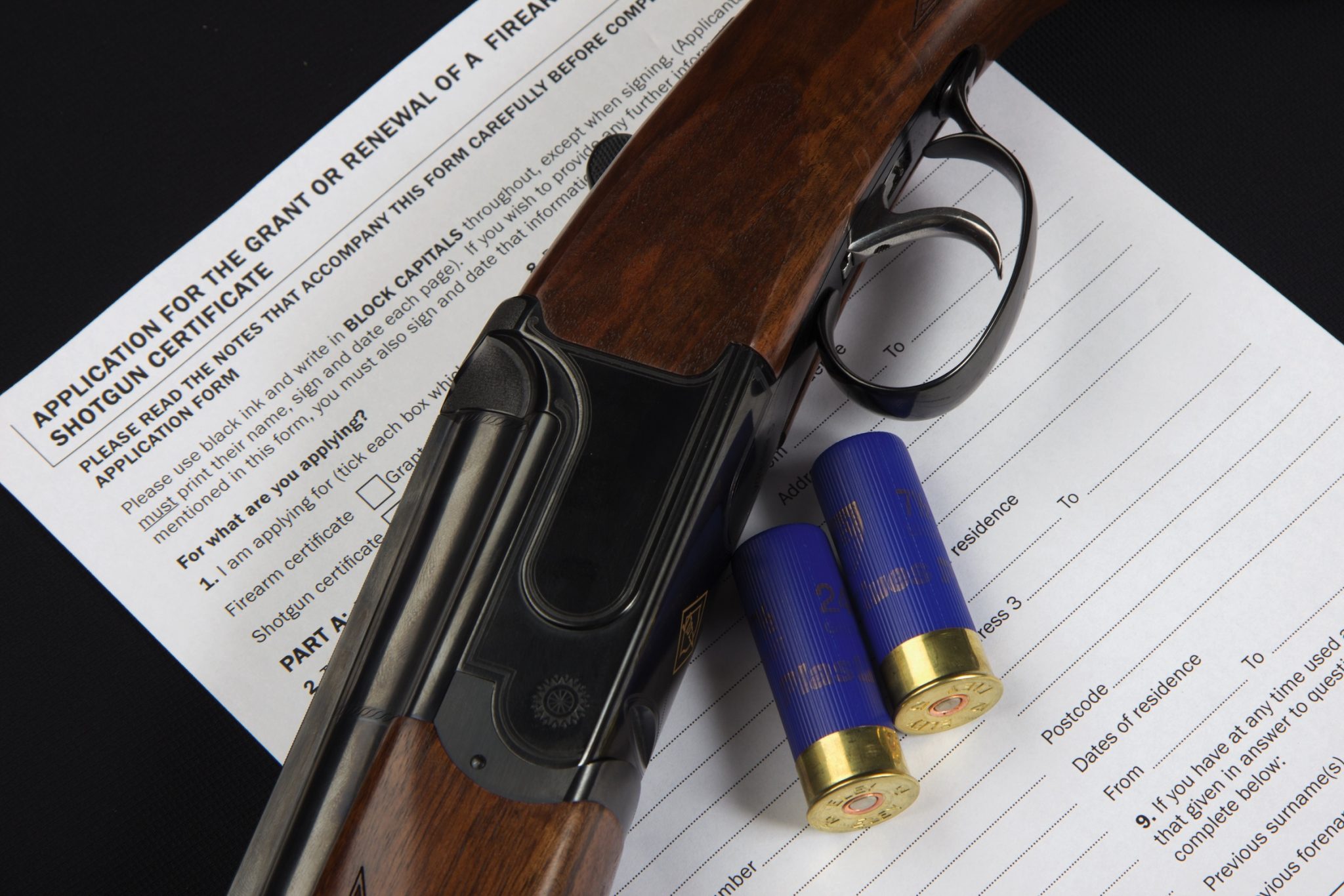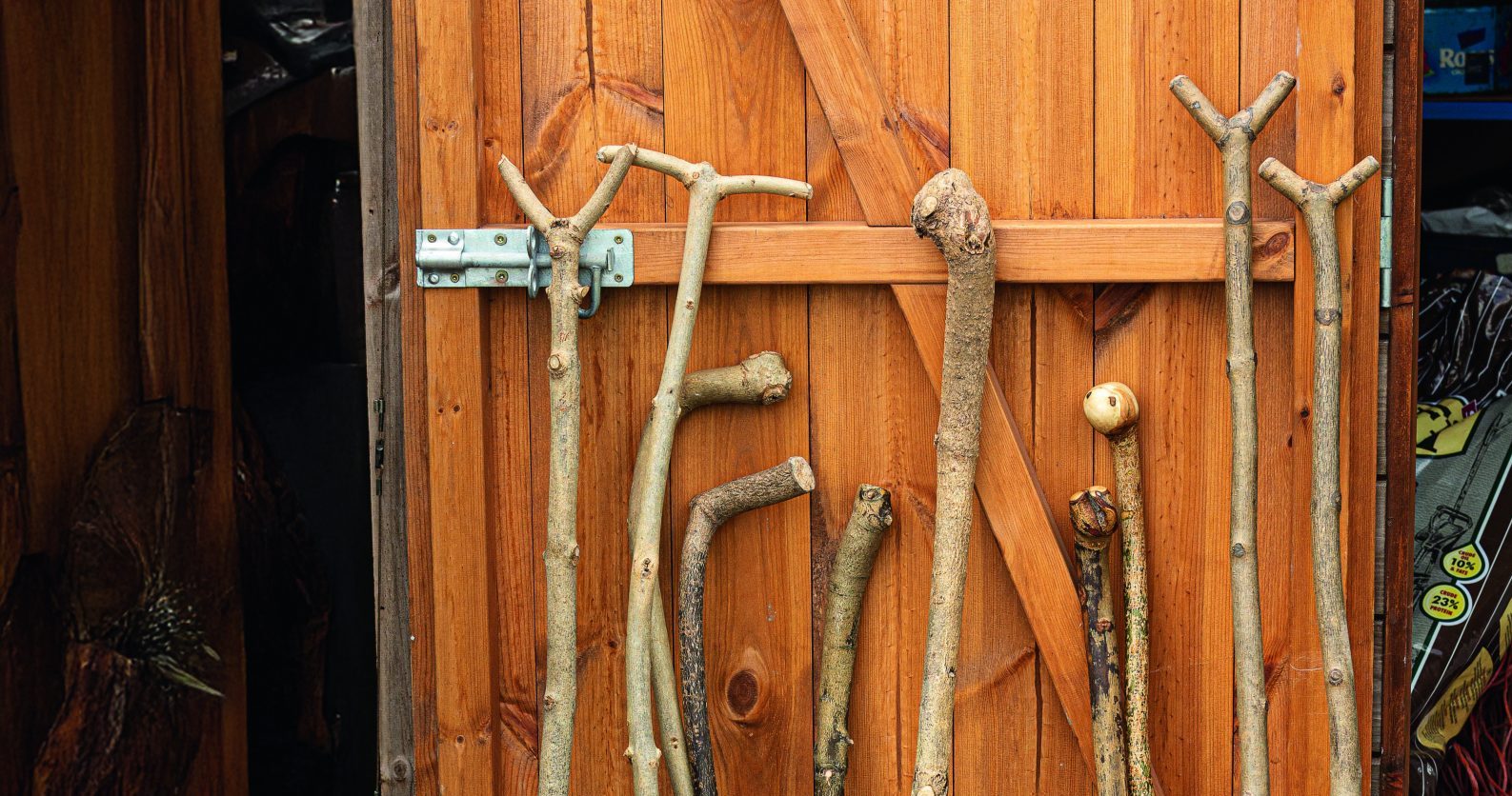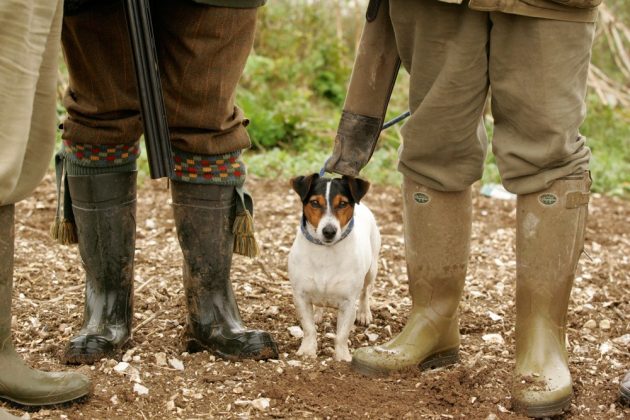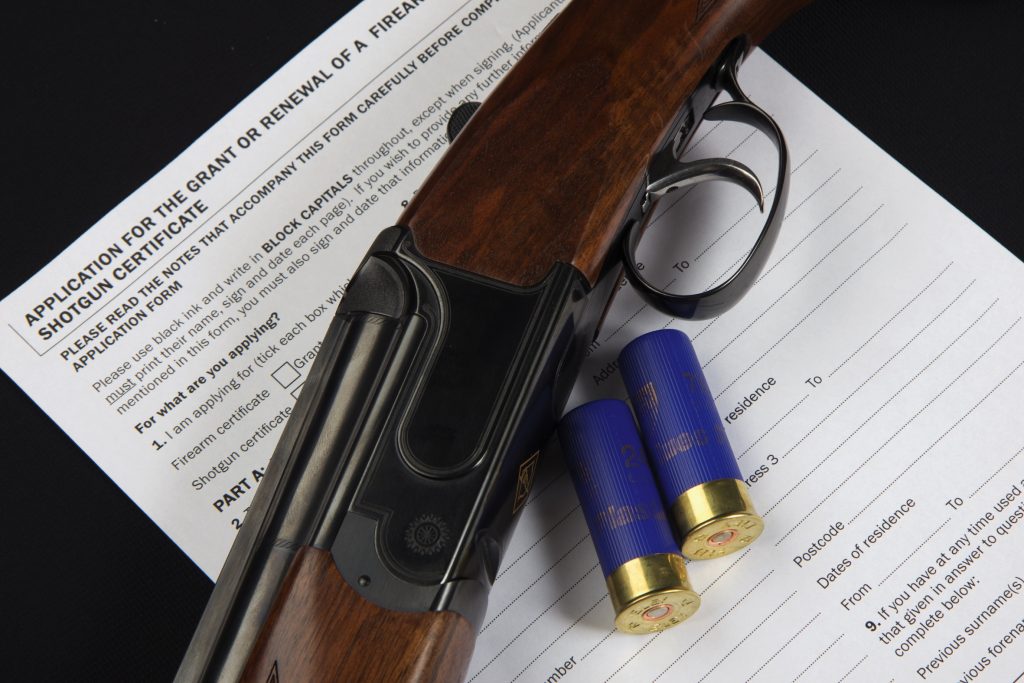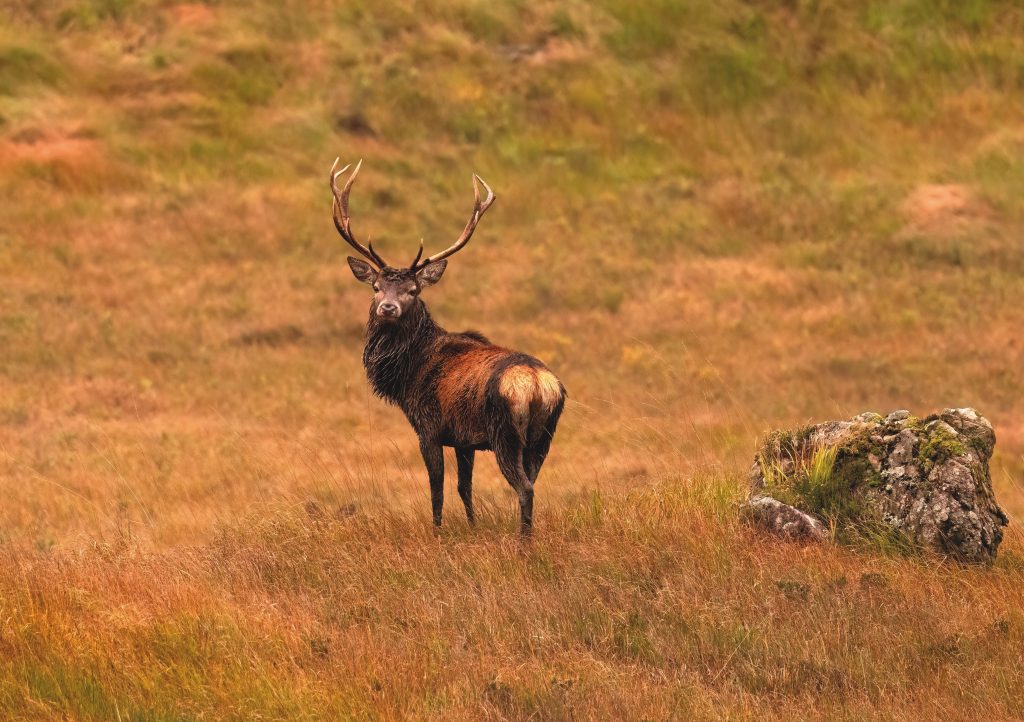Win CENS ProFlex DX5 earplugs worth £1,149 – enter here
Shooting permissions – how you can maintain yours
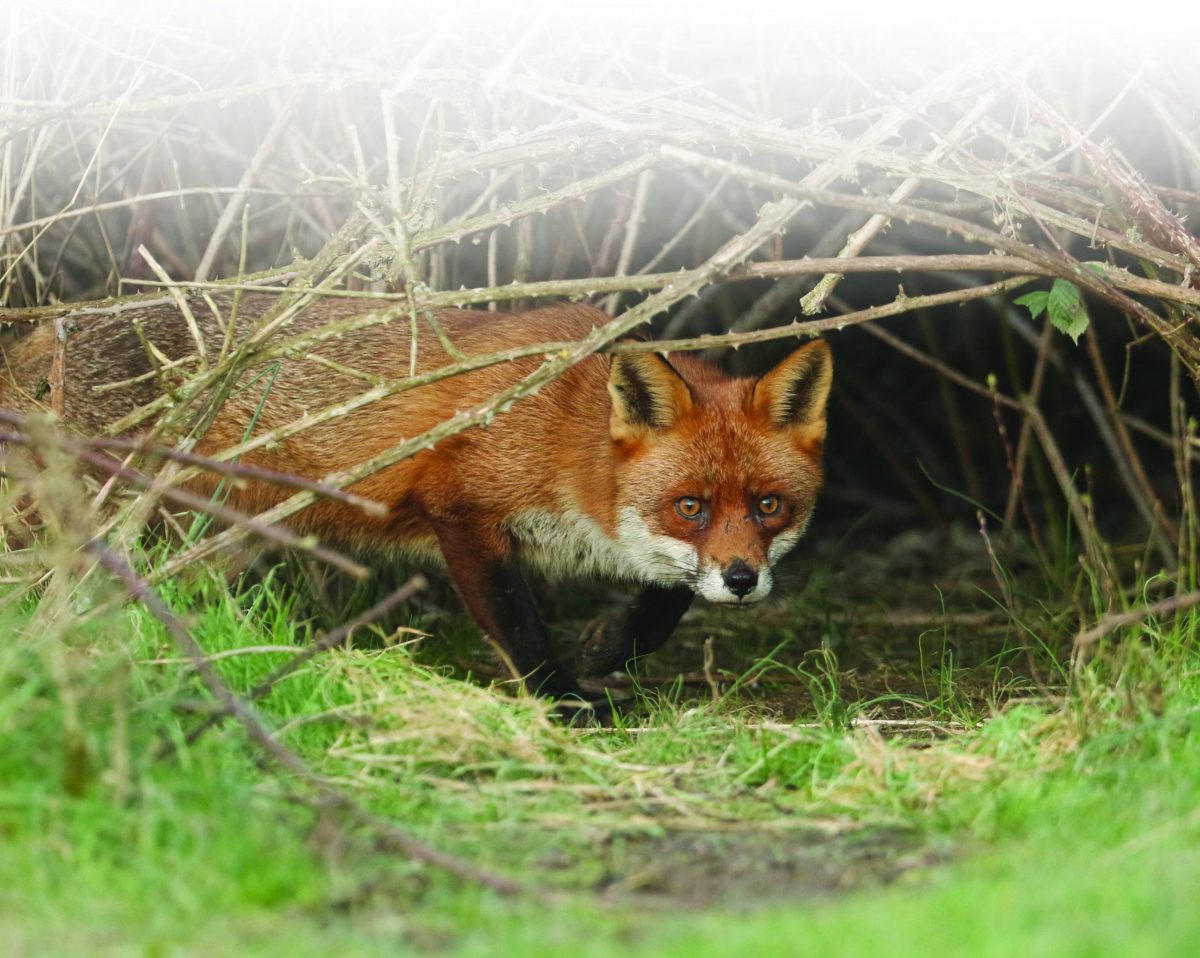
For many people getting shooting permissions is one of the hardest aspects of shooting. And even when you’ve done so it doesn’t stop there. (Want to get a shooting permission? Find out how to go about it here)
It is only too easy to lose your access. Sometimes it happens through no fault of your own, such as when someone dies and the land in question is sold on. On other occasions, however, it’s directly attributable to the shooter’s actions.
One of my cardinal rules – with the exception of a couple of farmers whom I know very well, is that I never set foot on anyone’s land without letting them know in advance that I’d like to be there.
This protects me as much as them if, for example, someone leaves a gate open and all the sheep behind it get out onto a main road and cause a problem; if I didn’t call, then it wasn’t me.
Likewise, as has happened on occasion, if someone drives around firing shots in the night near unsuspecting households, the landowner knows it wasn’t me!
Shooting permissions – why maps are useful
If I’m going to visit a property that I’ve not been to before I try to take a large-scale map along, as that way I can talk through where all the boundaries are and mark them down as we speak. When I get home I produce a satellite view of the area with a red outline around the relevant ground. This is not only helpful to me, but also does two other things: it allows the landowner to confirm that my interpretation was correct, but also shows them that you are professional.
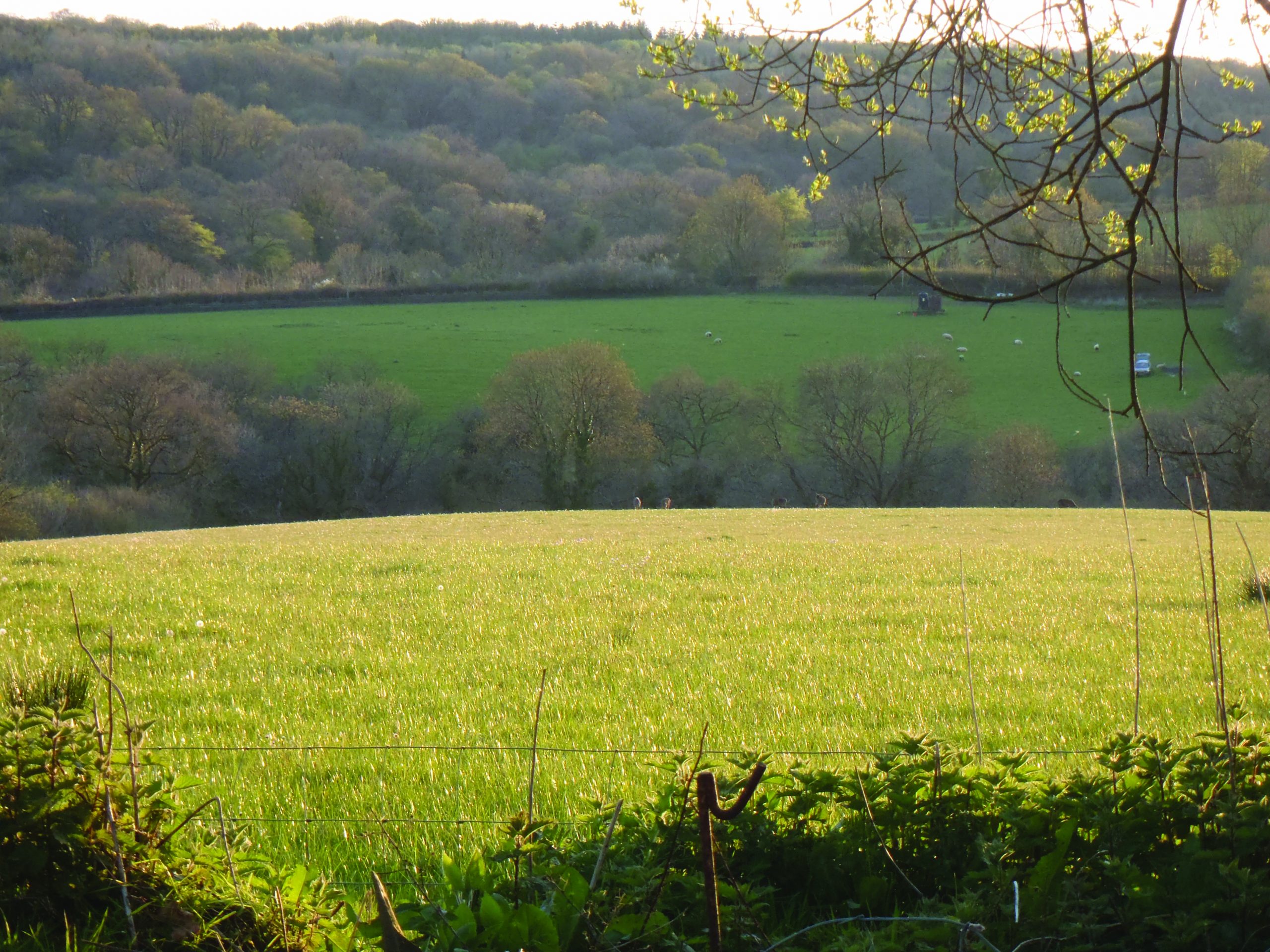
Guess the boundaries: there are four in this photo alone
One of the things I always try to establish is who lives in the area – not who they are or what they do, but what their attitude to your being there is likely to be, especially if they are what we might class as ‘antis’.
While most people will usually only pay attention if you cause a problem of some kind, those who oppose hunting will often go out of their way to stir up trouble. The more extreme ones may even call the police and invent ridiculous claims, so having a bodycam can be a licence-saver. The bottom line is: don’t upset the neighbours.
Many landowners do like to hear what other wildlife is living on their grounds, and I often send an email detailing any owls, deer, hedgehogs, otters and so on that I’ve spotted on my travels.
Another aspect that needs addressing is just what the landowner wants done with any resulting carcasses. Some will ask you to leave dead foxes in an easy to find spot so that they can collect them later on for disposal, others will tell you just to put them in the nearest hedge.

Foxes are common predators of livestock and cause many losses
Shooting permissions – take care in winter!
Driving in the fields is rarely a problem in the summer unless there’s been a lot of rain, but in winter you have to be really careful. The last thing you want to do is have to wake the farmer up at some ungodly hour because your truck is stuck and needs rescuing.
Likewise, you don’t want the farmer cursing you because your mud terrain tyres have torn up his ground. If in doubt, park and walk.
One thing that farmers do appreciate is having reliable eyes keeping an eye on their property and livestock. If you spot something untoward, such as a cast ewe (stuck on her side) try to get her on her feet again.
Often it’s a hopeless task, but a call or text to the owner may save its life. Also, several times I’ve found young lambs caught behind wire fences, unable to get to their mums. This not only means they’re unable to get food and warmth, but they’re easy prey for foxes, so it’s worth taking time to free them.
Perhaps the best way to sum up all the aforementioned is to say that almost all of the permissions I’ve gained over the past 10 years have been through word of mouth.
Many farmers simply won’t make any recommendations until they feel they’ve got the measure of you. Once you’ve passed this hurdle – that you’re responsible, safe, competent and an asset to have around – you’ll find life gets a lot easier where new ground is concerned.
Top tips for maintaining shooting permissions
- Some farmers are religious – try to find out if this is the case beforehand and, if it is, don’t swear in front of them, and if it’s an issue, make it clear that you will never go onto their property on a Sunday.
- Always call before you turn up on site unless you have a specific agreement with the landowner. Also, find out how they prefer to be contacted, such as if they prefer texts to phone calls, etc.
- Be responsible while you’re there – close gates behind you, don’t scare the livestock, don’t tear the ground up and don’t leave carcasses lying around, especially if there’s any public access nearby.
- If the landowner likes to know how you’ve got on, don’t forget to make the relevant phone call or send a text message or email.
- Treat the landowner’s property as though it’s their front garden – because to them it is.
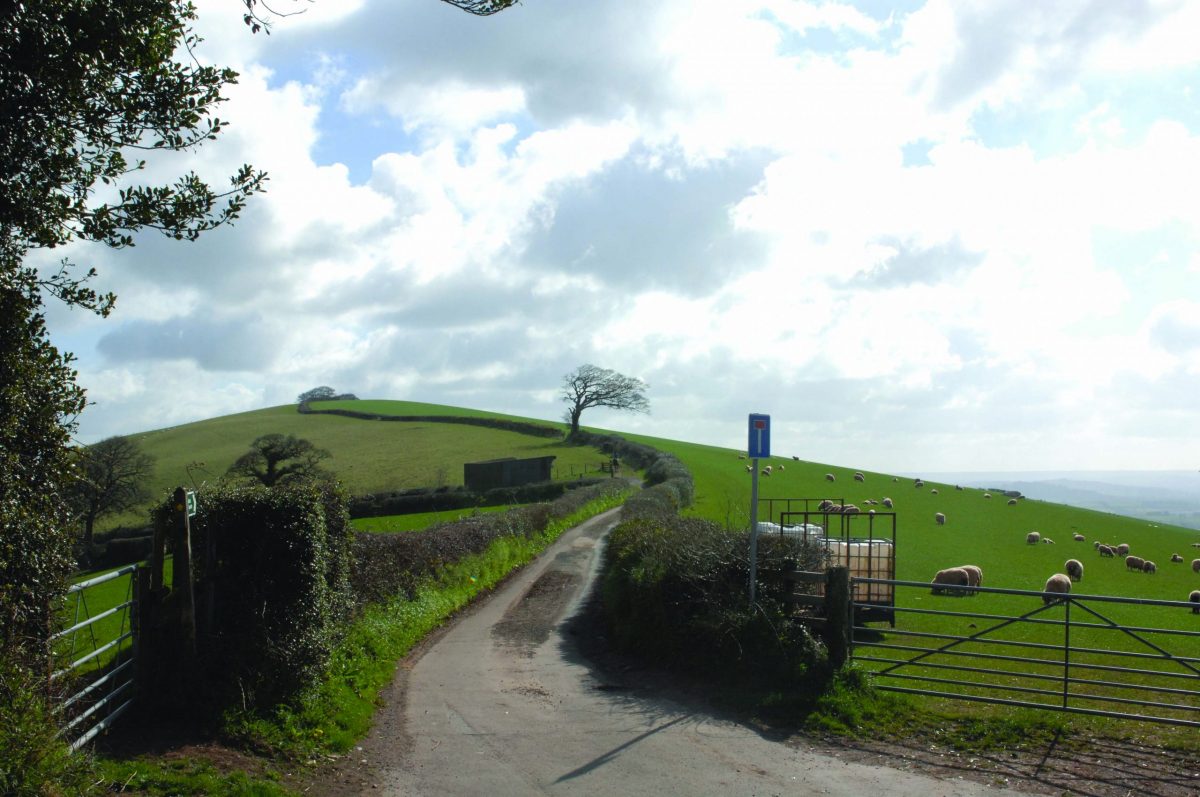
It would be only too easy to accidentally block this lane
- Check what you are and are not allowed to shoot, and pay particular attention to the landowner’s foibles. If you’re told not to shoot any hares, don’t shoot any hares (I don’t anyway). As another example, one of ‘my’ farmers liked jays – it was quite clear that if we shot any, we would lose our permission. So we didn’t.
- If there’s any doubt, it’s a good idea to ask where you should park your vehicle when leaving it for any length of time. The last thing you want to do is block access or cause anyone annoyance.
- Close the gates! If you have to climb any gates, always do it on the hinge side or you’re likely to damage the latch or put it out of alignment.
Related Articles
Get the latest news delivered direct to your door
Subscribe to Shooting Times & Country
Discover the ultimate companion for field sports enthusiasts with Shooting Times & Country Magazine, the UK’s leading weekly publication that has been at the forefront of shooting culture since 1882. Subscribers gain access to expert tips, comprehensive gear reviews, seasonal advice and a vibrant community of like-minded shooters.
Save on shop price when you subscribe with weekly issues featuring in-depth articles on gundog training, exclusive member offers and access to the digital back issue library. A Shooting Times & Country subscription is more than a magazine, don’t just read about the countryside; immerse yourself in its most authoritative and engaging publication.



